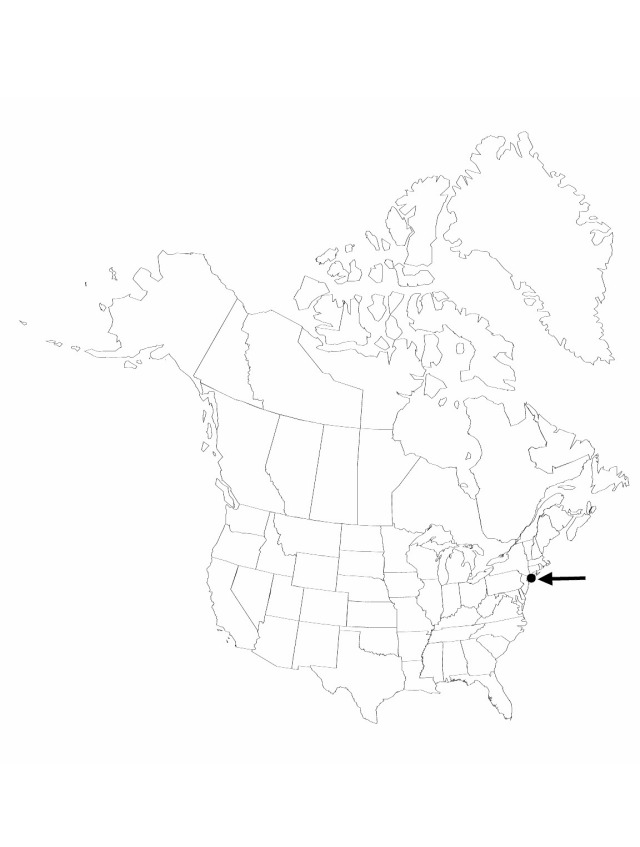Difference between revisions of "Juncus maritimus"
in J. Lamarck et al.,Encycl. 3: 264. 1789.
FNA>Volume Importer |
imported>Volume Importer |
||
| Line 23: | Line 23: | ||
|habitat=Coastal salt marshes, saline meadows, and sand dunes | |habitat=Coastal salt marshes, saline meadows, and sand dunes | ||
|distribution=N.Y.;Europe;Asia;Africa. | |distribution=N.Y.;Europe;Asia;Africa. | ||
| + | |introduced=true | ||
|discussion=<p>It is believed that this species has not been collected in North America since the late 1800s, when it was known to occur on Long Island, New York.</p> | |discussion=<p>It is believed that this species has not been collected in North America since the late 1800s, when it was known to occur on Long Island, New York.</p> | ||
|tables= | |tables= | ||
| Line 46: | Line 47: | ||
|publication year=1789 | |publication year=1789 | ||
|special status= | |special status= | ||
| − | |source xml=https:// | + | |source xml=https://bibilujan@bitbucket.org/aafc-mbb/fna-data-curation.git/src/bb6b7e3a7de7d3b7888a1ad48c7fd8f5c722d8d6/coarse_grained_fna_xml/V22/V22_295.xml |
|genus=Juncus | |genus=Juncus | ||
|subgenus=Juncus subg. Juncus | |subgenus=Juncus subg. Juncus | ||
Revision as of 21:21, 27 May 2020
Herbs, perennial, 5–10 dm. Rhizomes thick. Culms closely set along rhizomes, 2–3.5 mm diam. Cataphylls 3–5. Leaves basal, 2–4; auricles absent; blade terete, 40–60 cm × 1–2 mm. Inflorescences glomerules, to 100, each with 2–4 flowers, congested to open, 5–19 × 2–5 cm; primary bracts somewhat inflated, usually surpassing inflorescence. Flowers: tepals straw-colored; outer series 2.8–2.9 mm, apex acute; inner series elliptic, 2.3–2.5 mm, apex obtuse; stamens 6, 1.4–1.9 mm, anthers 2 times length of filaments; style 1–1.2 mm. Capsules straw-colored, 3-locular, ovoid to ellipsoid, 2.5–3.5 × 1.2– × 1.5 mm, nearly equal to slightly exceeding perianth. Seeds brown, ellipsoid, body 0.6–0.7 mm, tails 0.5–1.2 mm. 2n = 40, 48.
Phenology: Flowering and fruiting summer.
Habitat: Coastal salt marshes, saline meadows, and sand dunes
Distribution

Introduced; N.Y., Europe, Asia, Africa.
Discussion
It is believed that this species has not been collected in North America since the late 1800s, when it was known to occur on Long Island, New York.
Selected References
None.